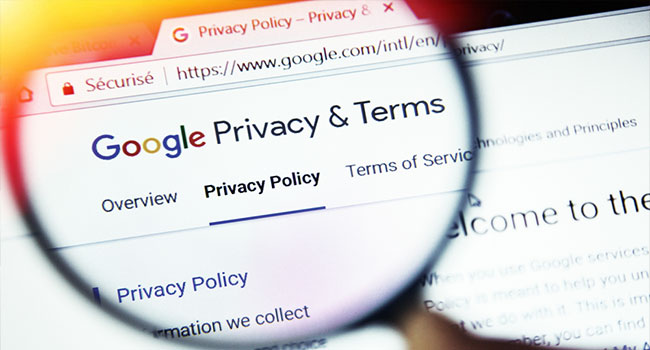Explore the privacy/technology convergence by selecting live and on-demand sessions from this new web series. Customize your own learning and neworking program! Data Protection Intensives. Choose from four DPI events near you each year for in-depth looks at practical and operational aspects of. Privacy: noun the quality or state of being apart from company or observation: seclusion. Freedom from unauthorized intrusion. CIPP Certification. The global standard for the go-to person for privacy laws, regulations and frameworks. CIPM Certification. The first and only privacy certification for professionals who manage day-to-day operations.
The Privacy Act of 1974, as amended, 5 U.S.C. § 552a, establishes a code of fair information practices that governs the collection, maintenance, use, and dissemination of information about individuals that is maintained in systems of records by federal agencies. A system of records is a group of records under the control of an agency from which information is retrieved by the name of the individual or by some identifier assigned to the individual.


The Privacy Act requires that agencies give the public notice of their systems of records by publication in the Federal Register. Click here to see a list of DOJ systems of records and their Federal Register citations. The Privacy Act prohibits the disclosure of a record about an individual from a system of records absent the written consent of the individual, unless the disclosure is pursuant to one of twelve statutory exceptions. The Act also provides individuals with a means by which to seek access to and amendment of their records, and sets forth various agency record-keeping requirements.
Overview of the Privacy Act
The 'Overview of the Privacy Act of 1974, 2015 Edition' is a comprehensive treatise of existing Privacy Act case law. Any questions regarding the Overview may be directed to the Office of Privacy and Civil Liberties staff.
Patient discussion about privacy


Privacy Guard
Q. I am upset by the lack of privacy at dialysis centers. Does anyone see their nephrologist in private office? My nephrologist comes to see me and examine me while I am receiving dialysis. I understand his talking to me but the exam is objectionable and I am unable to ask personal questions because everyone is listening. I am told they are all old and don't hear us but that is patronizing and extremely rude. Are there rules against this? Why can't we have office visits where there is some privacy?
But when I was in Calgary Alberta they would make you a appointment every 3 months to see the doctor.
Privacy Card
More discussions about privacyPrivacy Policy
